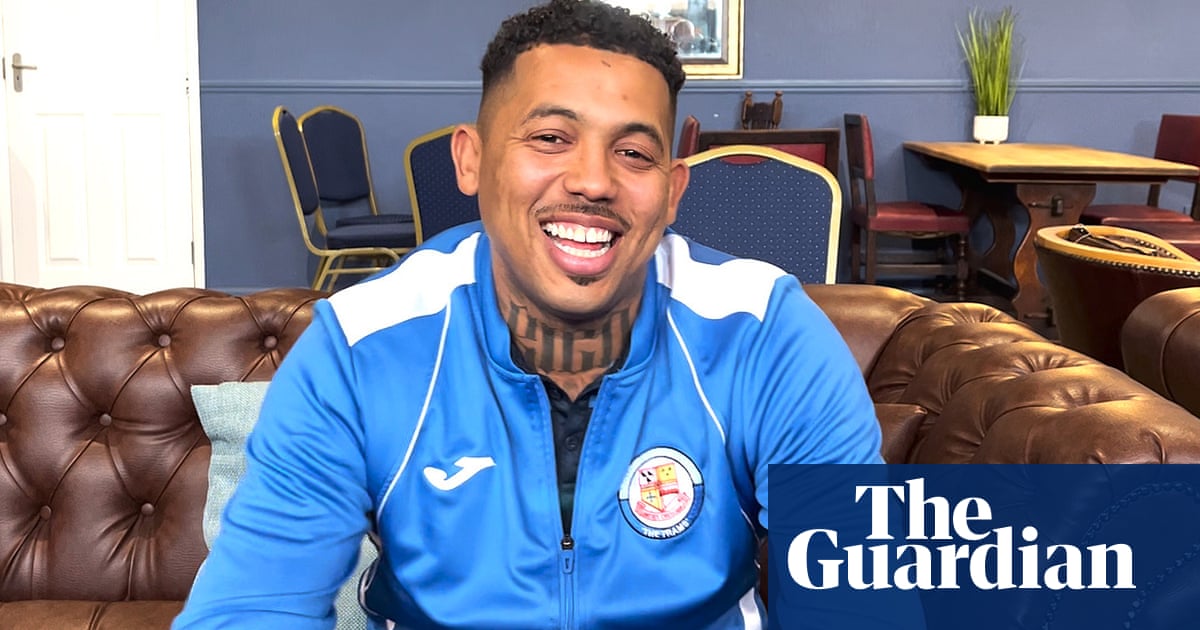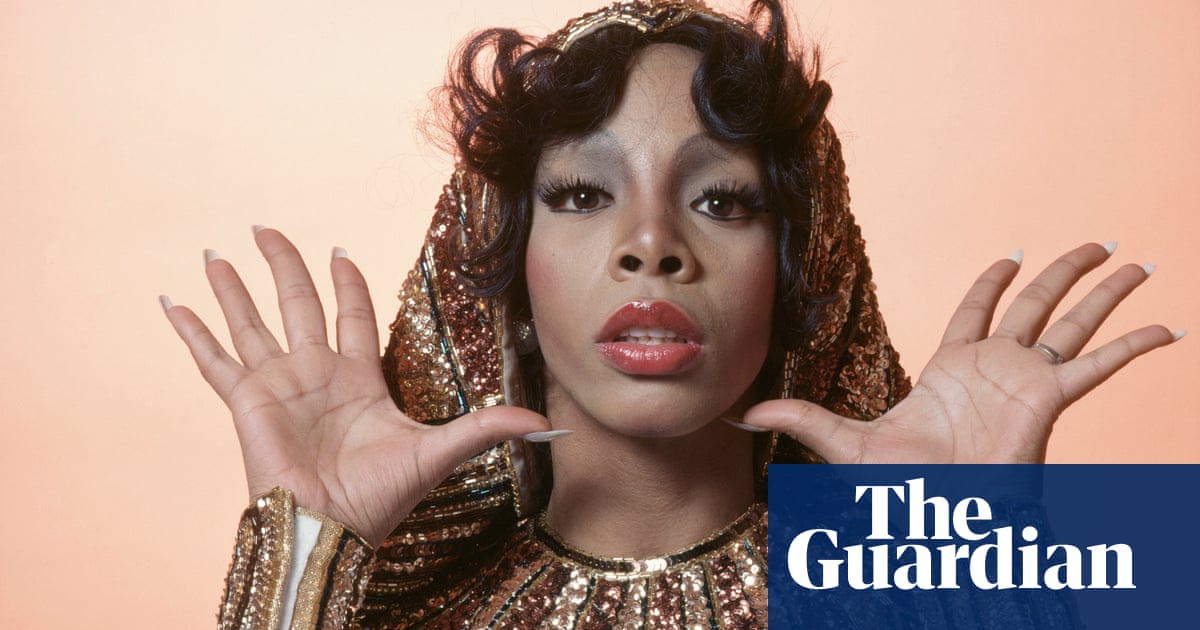
Note: this piece contains accounts that may be triggering for survivors of sexual assault
Watching Michaela Coel’s acclaimed drama I May Destroy You, Amanda Jones had a realisation, a sense of shock setting into her body. She turned to her husband and said: “I think I was raped.”
It has been nearly two months since many of us took a seat in Coel’s classroom, where she taught viewers – more clearly than any sex education class ever did – about consent, sexual assault and rape. Situated in a nuanced black British experience, the series follows twentysomething Twitter-star-turned-novelist Arabella Essiedu (Coel), who survives multiple sexual assaults while navigating beautifully flawed relationships with her two best mates, Terry (Weruche Opia) and Kwame (Paapa Essiedu).
The story is specific yet relatable, capturing the zeitgeist as our generation grapples with individual identities and collective experience. Arabella’s palpable shift in moods run parallel with her changing hairstyles to take us through an authentic story of processing and reporting rape, betrayals and toxic relationships, flecked with joy, dark humour – and period blood.
Jones, a writer, is giving the final push to her first novel about the #MeToo movement. Lockdown has been a time of motivational struggle for her, as many people have found, but she was also unexpectedly presented with what her therapist called delayed shock. “My limbs sort of turned to lead,” she says, describing her physical reaction to the programme. When she realised she was raped in her 20s after seeing Arabella become a victim of “stealthing” (non-consensual removal of a condom during sex) by the character Zain, she felt “really tired and heavy. I felt dizzy.”
The east Londoner remembers the discomfort and humiliation she felt as the man who stealthed her laughed at her anger. She buried the feelings, assuming they were part and parcel of sexual freedom in the 90s, paired with a healthy dose of Catholic guilt, she jokes.
“I think it must be really, really common,” Jones says. Indeed one study from a sexual health clinic in Melbourne, Australia, found that 32% of women and 19% of men who had had sex with men reported having experienced stealthing. The ambiguity around the incident, with no “villain”, made it gut-wrenchingly real for many viewers. “It was really brilliant how they portrayed [Zain] as a nice guy who she slept with again after that,” Jones says. “It’s those grey areas around rape and sexual assault that you almost brush off.” Jones’s final thought stayed with me: “A really nice person who you’re in a loving relationship with can rape you. And we all need to be aware of that.”
Considering that approximately 11 adults are raped or sexually assaulted by penetration every hour in the UK, and the National Sexual Hotline reports that there is a victim of sexual violence every 73 seconds in the US, I May Destroy You’s story was important. Faye White, 27, tells me of her harrowing experience of being raped in her sleep as she took a solo backpacking trip in Australia in 2015. She was also attacked during lockdown on her way home from work. “After watching I May Destroy You, I realised that it definitely triggered some feelings for me,” says White. “Although I had therapy five years ago, I’ve decided to have some more, which is something I never really thought I would do.”
The number of people convicted of rape is at its lowest on record, while reported cases have risen sharply, which some say effectively leads to decriminalisation. White, a journalist from Dorset, describes the scene where Arabella is in the police station and is told that there is nothing more they can do, as they hand back her belongings. “That happened to me twice and it was almost word-perfect. The disappointment in her face really hit home.”
It was the tumultuous final episode of the series that pushed White to get more therapy, with the audience seeing the different reactions Arabella might have to facing her attacker. White recalls the powerful imagined scene where Arabella’s rapist, David, is in bed with her and says: “I’m not going to go unless you tell me to.”
“It just made me think that I kind of sit with this and live with these feelings and these memories every day,” she says. “There isn’t a day where I don’t think about it. But I want to get to a place where I am happily living with it and alongside it, rather than being controlled by it.”
Liam Austen, a copywriter from London, found the experience of Kwame’s character to be a trigger. In episode four, he introduces a hesitant friend, Damon, to Malik, a stranger from Grindr, for a potential threesome. Damon leaves while Kwame has consensual sex with Malik. But as Kwame is going to leave the flat, he is raped in a harrowing scene that Papaa Essiedu has described as a historic moment for British TV.
Austen, 24, had a similar experience with an ex-boyfriend. “I didn’t truly realise how much shame, anger and hurt I was still carrying from that time,” he says. “Watching the fallout and how other characters approached it allowed me to step back and assess how I had been acting, while also making me feel much less ashamed. I felt like a weight was lifted after watching it, like I’d been released after not even realising I was trapped.”
The 12-part series not only supported people through past trauma, but also changed how some reacted. Having watched the show, Alice Bradshaw-Smith, a PR account director from Bristol, phoned the police in a situation she previously wouldn’t have. After a scary stand-off with a man who jumped out at her as she walked home from a friend’s house, Bradshaw-Smith chose to report the incident to the police because the show had empowered her to do so. “Whereas previously I might have thought I was making a big deal out of a situation, I reacted completely differently having seen a central character [report an incident to the police]. I completely respected her for that decision. It was a really brave one.”
Lex Kennedy, from Los Angeles, said the show made him rethink how he supported survivors of sexual assault. “I identify as a black trans masculine person and I recognise that within my community we don’t really step up for black women,” he says. “It’s always: ‘Well, what happened?’, qualify your trauma, qualify your pain, versus: ‘How can I be there for you?’” Kennedy passionately describes how Kwame’s demonstration of friendship to Arabella was a catalyst for his change. Referring to episode two, the 32-year-old film-maker says: “When Kwame finds out that Arabella had been harmed he just shows up. He’s there, waiting for Arabella to take the lead.”
The characters in I May Destroy You are inspiringly direct. Vague concepts become beautifully straightforward, something that motivated 27-year-old Kahar to be more open with the people he dates. After watching the show, he told his dates that he was seeing more than one person, and has started checking more actively about the use of contraception. “The shock in Arabella’s face really resonated with me, when she realised somebody had stealthed her and she wasn’t aware that that was illegal,” he explains.
This series resonated with so many precisely because it focused on the doubt that forms in many people’s minds around difficult, taboo themes. It concentrated on the assumptions, the space between consent and coercion, the thoughts we habitually suppress, and the nuance of experience rarely shown in a TV industry that so often focuses on society’s extremities. It has helped kickstart new conversations and behaviours. “Rather than just expecting things to be OK by default, I’m actually asking questions,” says Kahar.
In the US, Rainn offers support at 800-656-4673 or by chat at www.rainn.org. In the UK, Supportline can be reached at 01708 765200. In Australia, support is available at 1800Respect (1800 737 732) or www.1800respect.org.au. Some names have been changed












